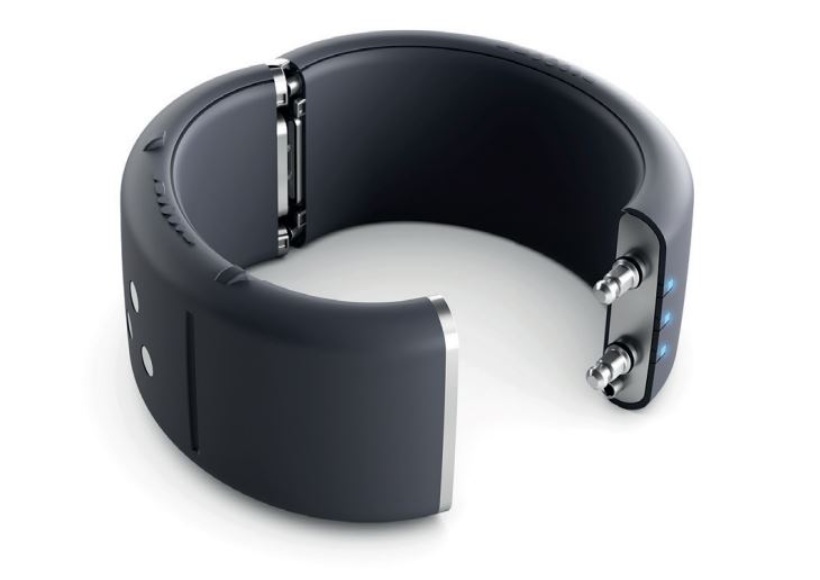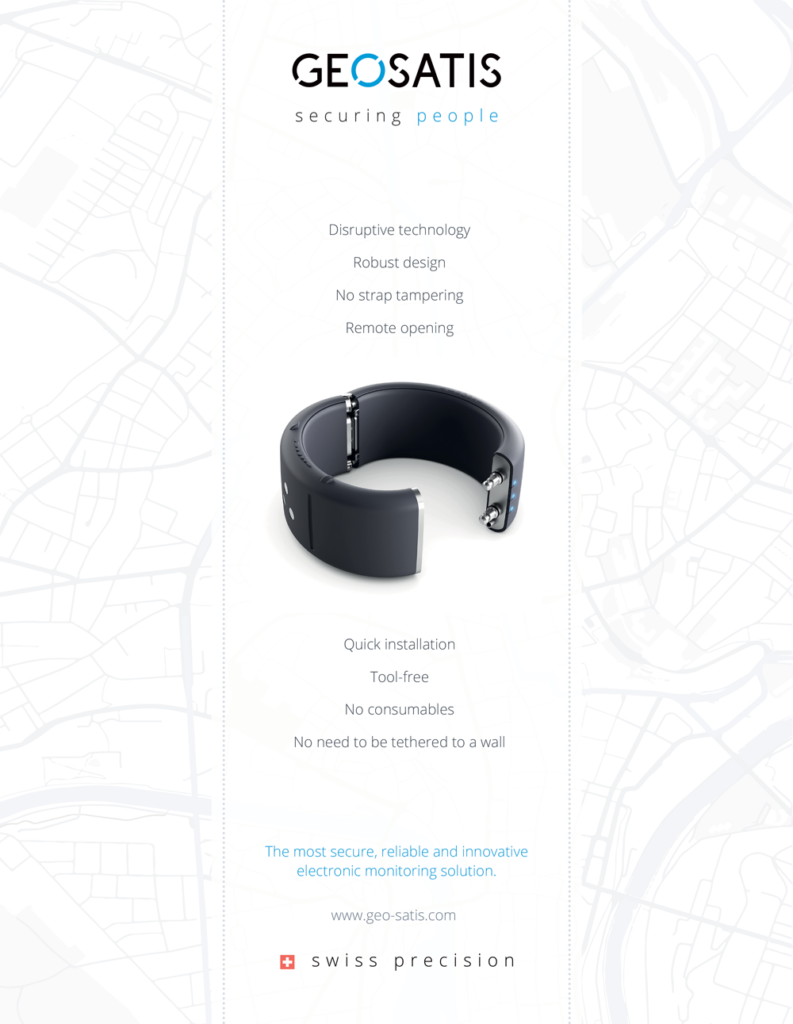Public-private partnerships in the operation of prisons have existed since long time ago, although the extent of reliance on the private sector and the policy design modes have varied somewhat.[1] Case studies of the emergence of prisons in America suggest that private involvement began through a convergence of interests among reformers, public officials and local businesses.[2]
Centuries later, the public-private relationship is even more present and important. Legislation, policy decisions and increased corrections populations have driven most governments to experience significant costs in managing corrections systems; while simultaneously being impacted by the lack of available funding for program management. These partnerships offer effective, cost-saving options for government entities looking to address these issues, while ensuring they have the latest technology and services options.
While the focus of public-private relationships in corrections has been on prisons, over the last 20 years there has been an increased need from government entities to extend these partnerships outside the prison walls and into the community.
Electronic Monitoring. At all levels, government entities have increasingly partnered with private electronic monitoring service companies to provide the latest monitoring technology, as well as critical on-site and community staff services – services that government budgets and/or their limited staff resources don’t allow for.
While reliable and accurate monitoring technology is a necessity, it is the comprehensive services that local private companies provide which can really impact government electronic monitoring programs. In many cases, outsourcing key services required within these programs can be a cost-effective alternative for governments in lieu of staffing these services in-house.
Local private electronic monitoring service providers are known for program customization and flexibility, based upon each government programs’ needs. Services provided can include:
- Participant enrollment
- Participant equipment installation/removal
- Monitoring software management
More comprehensive services are also available by these private monitoring companies, including:
- Participant alarm monitoring
- Case management
- Participant fee collection
- Local 24/7 customer support
GEOSATIS’ disruptive technology is a game-changer for local service providers and governments – the design incorporates the most secure, integrated method of attaching the GPS device to an offender. Multi-piece designs utilized in the industry add variables to every installation that can cause additional work for installers, stress for offenders, and potential issues regarding the accuracy of tamper detection. GEOSATIS’ use of a “no strap” design removes all inconsistencies with the installation process.
With ongoing changes to legislation, policies and public opinion, the industry may see a pendulum shift in public vs. private prison ownership and management. However, if this decades’ trend continues regarding the high number of people under community monitoring and the consistency of government budget deficits, it is likely that public-private relationships will need to continue within the electronic monitoring subset of corrections.
[1] [2]Schneider, Anne. Public-Private Partnerships in the U.S. Prison System. The American Behavioral Scientist. Sept. 1999; 43, 1, ABI/INFORM Global pg. 192
//
GEOSATIS is a global leader in the manufacturing and delivery of end-to-end electronic monitoring and predictive analytics solutions for the criminal justice system. The company offers secure, reliable, convenient and cost-effective offender monitoring technology to enhance public safety, improve offender rehabilitation and reduce recidivism. GEOSATIS is a Swiss-based company that has recently established operations in North America, headquartered in the United States (Chicago area), with a team of industry veterans, expanding our research and development team and increasing our footprint across the globe.



